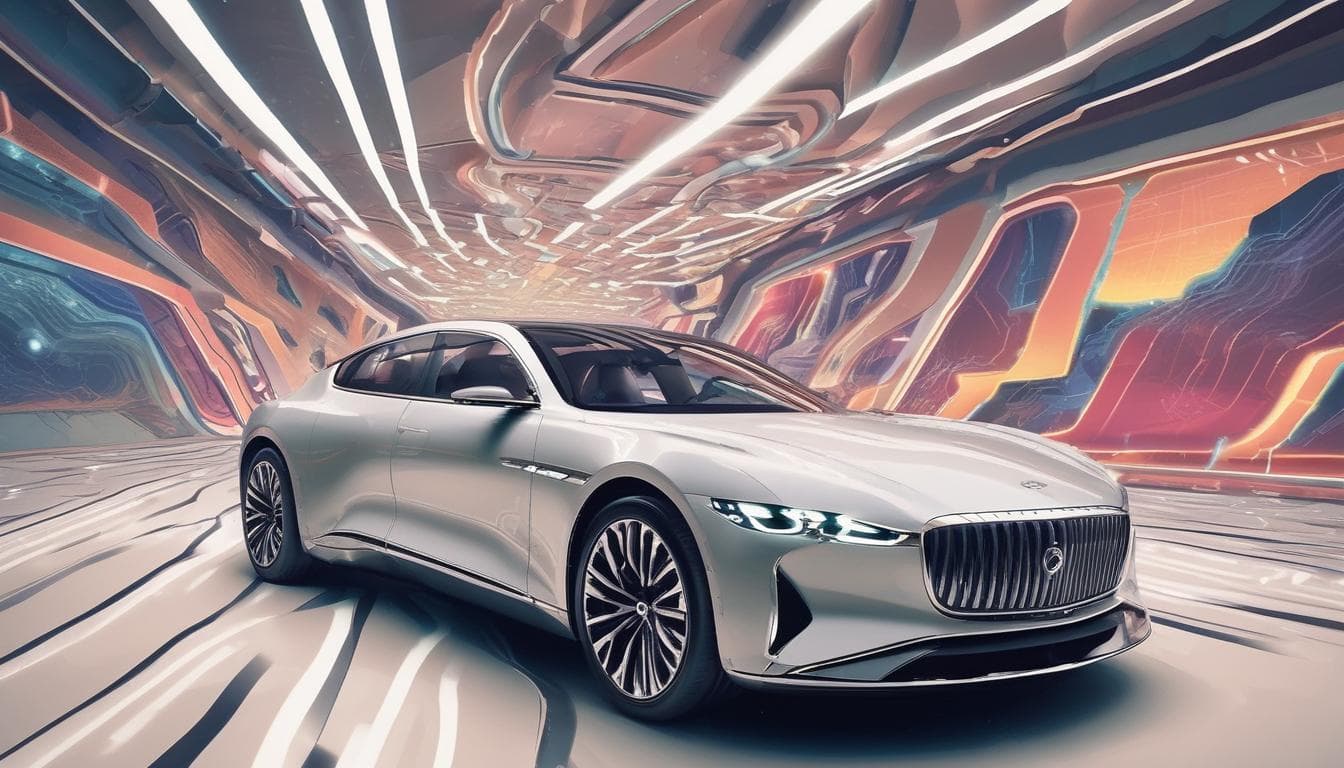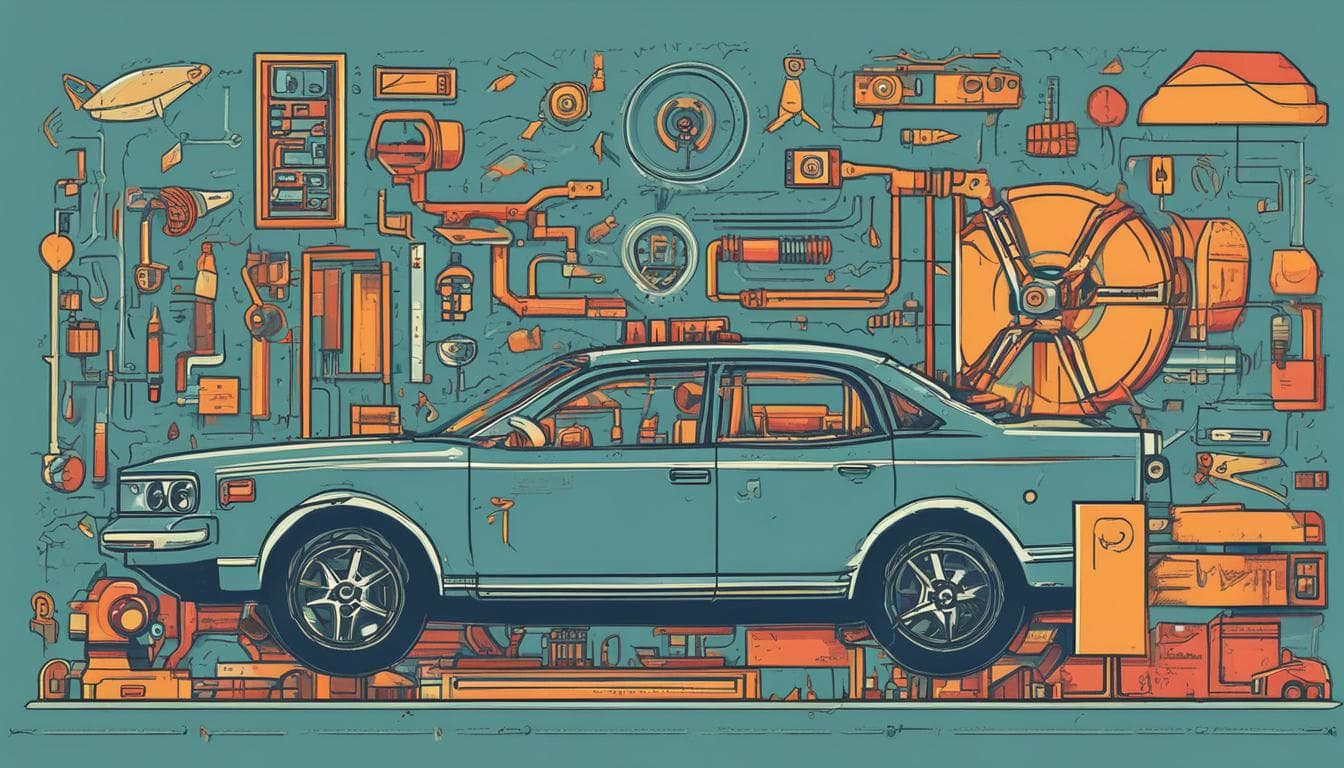With the automotive industry rapidly embracing software-defined vehicles and AI-driven features, the lifespan of a car might drastically change. Instead of traditional longevity, will future vehicles be designed for shorter, smartphone-like lifecycles, encouraging frequent upgrades and disposability? Or will there be a significant shift towards hyper-modular designs, emphasizing repairability, component upgradability, and a circular economy approach to combat planned obsolescence and promote sustainability? How do you think manufacturers, regulatory bodies, and consumer demand will influence this critical balance between innovation and durability?
The evolving landscape of automotive technology suggests a fascinating dichotomy between rapid software-driven updates and the push for sustainable, repairable designs. On one hand, the shift towards software-defined vehicles powered by AI features could indeed promote shorter lifecycle paradigms, akin to smartphones, where frequent upgrades become standard. This approach can accelerate innovation but raises concerns about environmental impact and long-term cost of ownership.
Conversely, there's a growing movement advocating for hyper-modular architectures that prioritize repairability and component upgradability, aligning with the principles of a circular economy to reduce waste and planned obsolescence. This could entail designing vehicles with easily replaceable parts, software updates that extend hardware life, and systems that encourage longevity. Regulatory bodies and consumer demand will play pivotal roles here—regulations promoting durability and recycling, coupled with consumer preferences for sustainability, are likely to steer manufacturers toward more balanced, enduring solutions.
Furthermore, innovation in areas like the digital twin revolution could facilitate predictive maintenance and lifecycle management, supporting longevity even in highly integrated systems. Ultimately, the future may involve a hybrid model where core hardware remains durable and upgradeable, while software and features evolve rapidly, providing both innovation and sustainability.
Explore mais sobre este tópico
Participe da conversa
- O Futuro da Interação Motorista-Veículo: Como a IA Transformará a Experiência de Dirigir nos Próximos 10 Anos?
Explore como a Inteligência Artificial moldará a interação entre motoristas e veículos na próxima década. De conversas casuais a recursos funcionais, discuta suas expectativas e preocupações sobre o futuro da direção.
- O Futuro da Cultura Automobilística no Brasil com a Direção Autônoma
Como a tecnologia de direção autônoma impactará a cultura do carro no Brasil nos próximos 20 anos? Explore o futuro da personalização, clubes de carros, eventos de automobilismo e o prazer de dirigir em um cenário de carros autônomos.
- O Futuro da Personalização Automotiva com IA: Seu Carro, Seu Reflexo?
Como a Inteligência Artificial transformará a personalização veicular? Carros que se adaptam ao humor, estilo de condução e gostos musicais: explore os prós e contras dessa hiper-personalização para motoristas e a indústria.




